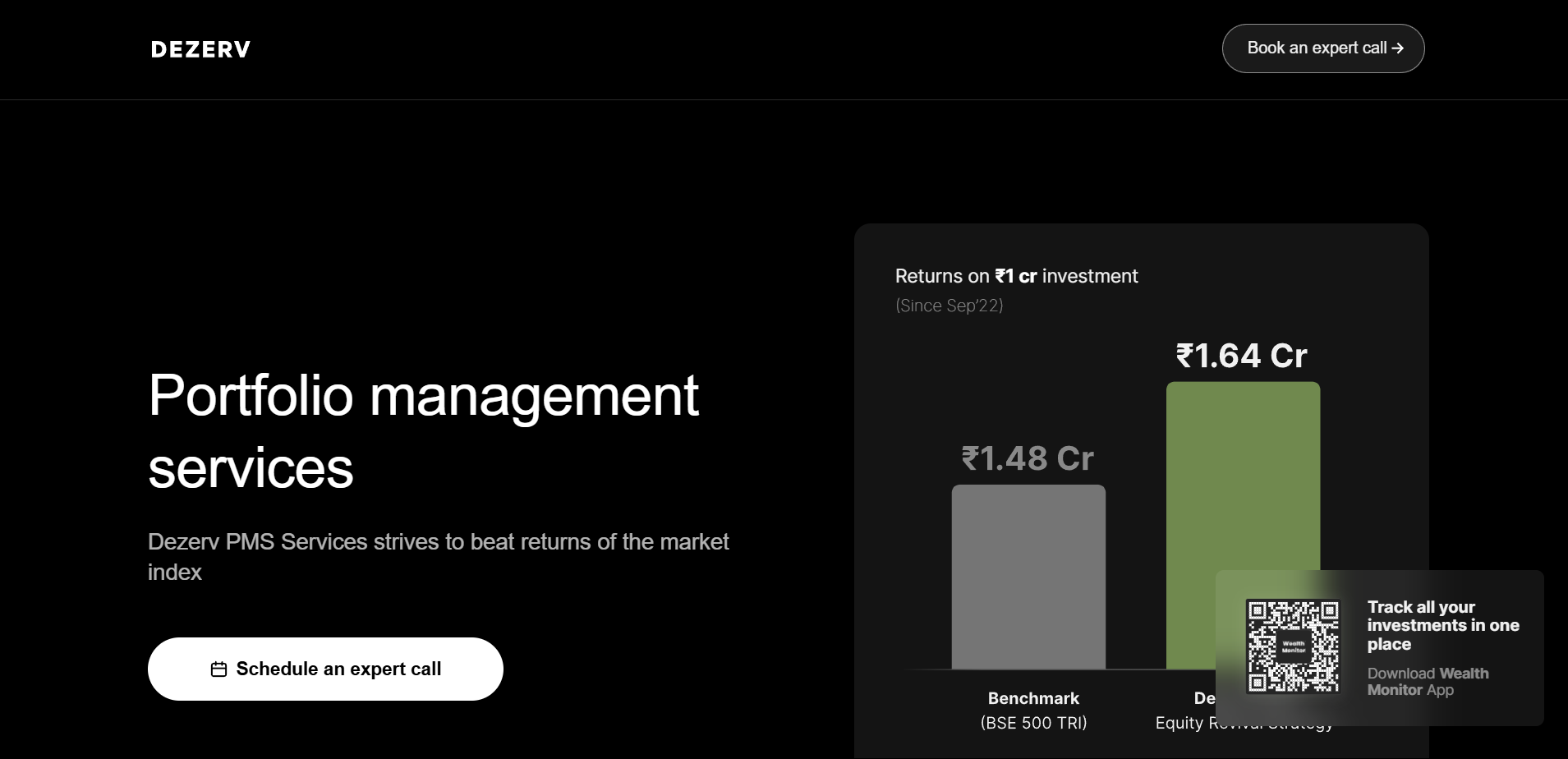 Conversion-Focused Landing Pages – More Leads, Less Bounce!
Conversion-Focused Landing Pages – More Leads, Less Bounce!
Top Loan Options for MSMEs: Boost Your Business Today
Written by Ayush » Updated on: February 03rd, 2025

Loans for MSME: A Comprehensive Guide to Financial Solutions for Small Businesses
Micro, Small, and Medium Enterprises (MSMEs) play a pivotal role in the economic development of any country, driving innovation, creating jobs, and contributing significantly to GDP. However, despite their importance, MSMEs often face challenges in accessing adequate funding to meet operational needs, expansion plans, or working capital requirements. To address this gap, various financial institutions, along with government schemes, offer tailored loans to help MSMEs thrive.
Types of MSME Loans
Working Capital Loans: These loans are designed to cover the day-to-day operational expenses of a business, such as salaries, inventory, and utility bills. They are typically short-term loans with flexible repayment terms.
Term Loans: Term loans provide funds for longer-term business needs such as purchasing equipment, machinery, or expanding infrastructure. The repayment tenure for term loans usually ranges from one to five years.
Equipment Financing: These loans are meant specifically for purchasing or upgrading machinery and equipment. The loan amount is often based on the value of the equipment being purchased.
Trade Credit or Invoice Financing: This option allows businesses to access funds based on their receivables. It is ideal for businesses that face delays in payment from clients but need immediate working capital to continue operations.
Overdraft Facility: An overdraft facility allows businesses to withdraw more money than what is available in their bank account, offering them the flexibility to manage their finances efficiently.
Government Schemes for MSME Loans
The Indian government has introduced several schemes to promote MSME growth by providing easy access to capital. Some of the prominent schemes include:
MUDRA Scheme: The Micro Units Development and Refinance Agency (MUDRA) offers loans to micro and small enterprises for various purposes, including working capital and machinery purchase. Under MUDRA, loans are provided under three categories: Shishu (up to ₹50,000), Kishore (₹50,000 to ₹5 lakh), and Tarun (₹5 lakh to ₹10 lakh).
CGTMSE (Credit Guarantee Fund Trust for Micro and Small Enterprises): This scheme aims to provide collateral-free loans to MSMEs. Under CGTMSE, eligible businesses can avail of loans without needing to pledge their assets as security.
PMEGP (Prime Minister's Employment Generation Programme): PMEGP supports entrepreneurs who want to set up new micro-enterprises or expand existing ones. This scheme provides financial assistance along with subsidies for setting up new projects.
Stand-Up India Scheme: Aimed at promoting entrepreneurship among women, SC, and ST communities, this scheme provides loans ranging from ₹10 lakh to ₹1 crore for setting up a greenfield project in the manufacturing, services, or trading sectors.
SIDBI Schemes: The Small Industries Development Bank of India (SIDBI) offers a variety of funding options tailored to the needs of MSMEs, including working capital finance, machinery financing, and credit-linked capital subsidy.
Eligibility Criteria for MSME Loans
The eligibility criteria for MSME loans vary depending on the financial institution and the specific scheme. However, some common requirements include:
Business Type: The business must be registered as a micro, small, or medium enterprise under the MSME Development Act.
Financial Stability: The business should have a steady cash flow and a minimum credit score, typically 650 or higher, to ensure repayment ability.
Business Plan: A well-structured business plan outlining the use of funds, expected returns, and repayment strategy may be required.
Turnover: Different lenders may have specific turnover limits for different categories of MSMEs.
Flexible Repayment Plans
Repayment plans for MSME loans are designed to be flexible, based on the business's cash flow cycles. Lenders may offer monthly, quarterly, or even seasonal repayment schedules, which are aligned with the business's revenue patterns. This flexibility ensures that MSMEs can manage their financial obligations without impacting their operational growth.
Conclusion
Accessing financial support is crucial for the growth and sustainability of MSMEs. With a wide range of government-backed schemes and loan products available, MSMEs can find tailored financial solutions that suit their needs. However, businesses must ensure that they meet the eligibility criteria and choose a loan product that aligns with their goals. By understanding these financing options, MSMEs can take the necessary steps to secure funding, boost their operations, and scale their business to new heights.
Note: IndiBlogHub features both user-submitted and editorial content. We do not verify third-party contributions. Read our Disclaimer and Privacy Policyfor details.
Copyright © 2019-2025 IndiBlogHub.com. All rights reserved. Hosted on DigitalOcean for fast, reliable performance.










